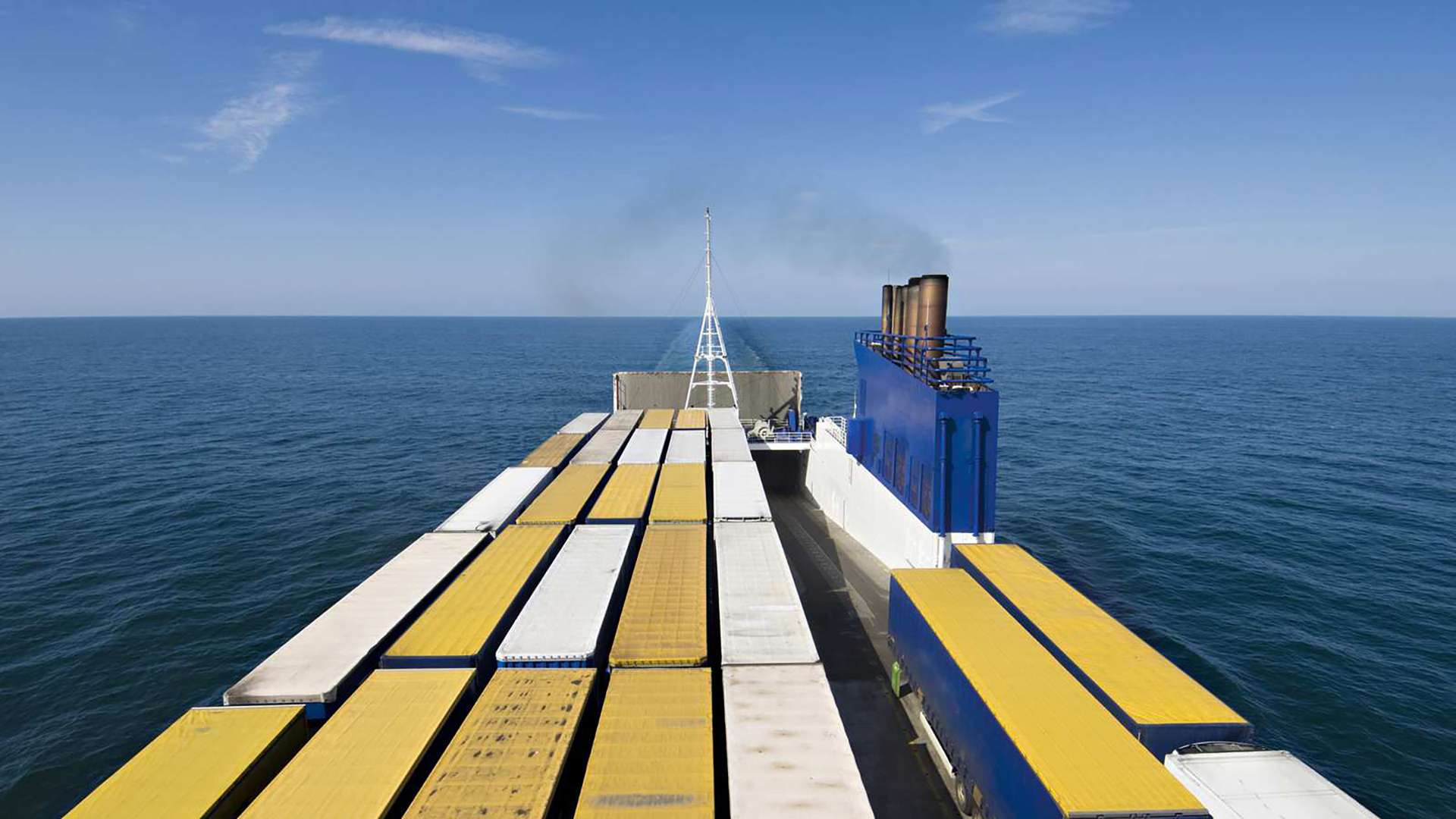
Business
22:35, 14-Jan-2019
What does China-U.S. trade dispute bring to China-Australia cooperation?
Updated
20:41, 17-Jan-2019
By CGTN's Global Business
01:12

China sees its foreign trade get a record high in 2018, among which bilateral trade between China and Australia increased 8.9 percent. While some Australian businesses are concerned about the negative impact from China-U.S. trade friction, experts believed that China-Australia cooperation could be supplementary to fill in some "blanks" left by China-U.S. trade dispute.
"The China-Australia free trade agreement has been functioning very well. We have seen tariffs come down a lot. Now, we have got around 160 flights between the two countries each week," China-Australia Chamber of Commerce (AustCham) CEO Nick Coyle claimed.
The cooperation between China and Australia is more like "supplement" rather than “replacement” for China-U.S. trade, based on Wang Jianhui, general manager of the R&D department at Capital Securities. He looked forward to more bilateral collaborations in multi-sectors between the two Asia Pacific countries.

Wang Jianhui (L), general manager of the R&D department at Capital Securities and AustCham CEO Nick Coyle /CGTN Screenshot
Wang Jianhui (L), general manager of the R&D department at Capital Securities and AustCham CEO Nick Coyle /CGTN Screenshot
"I think diversification is the key word right here. If the U.S. gives up some market shares in the energy and agriculture sectors, Australia will fill up the gap. And also, the education, tourism and the service export from Australia to China will be very promising," Wang expected.
"Tourism, as Wang mentioned, is a big potential opportunity between the two countries. I still think there are a lot of things we can do in tech… and medical [areas]," Coyle echoed.
However, according to research jointly released by AustCham, KPMG and the University of Melbourne, Australian businesses are worried about the impact of the China-U.S. trade frictions.
"Our members certainly highlighted that the trade tensions are significantly concerned to them. Around 21 percent said that it's the top risk amid their business going forward. Twenty-eight percent of respondents said that it had a negative impact on their businesses," Coyle commented, adding that more impacts might be reflected in future's data.

SITEMAP
Copyright © 2018 CGTN. Beijing ICP prepared NO.16065310-3
Copyright © 2018 CGTN. Beijing ICP prepared NO.16065310-3